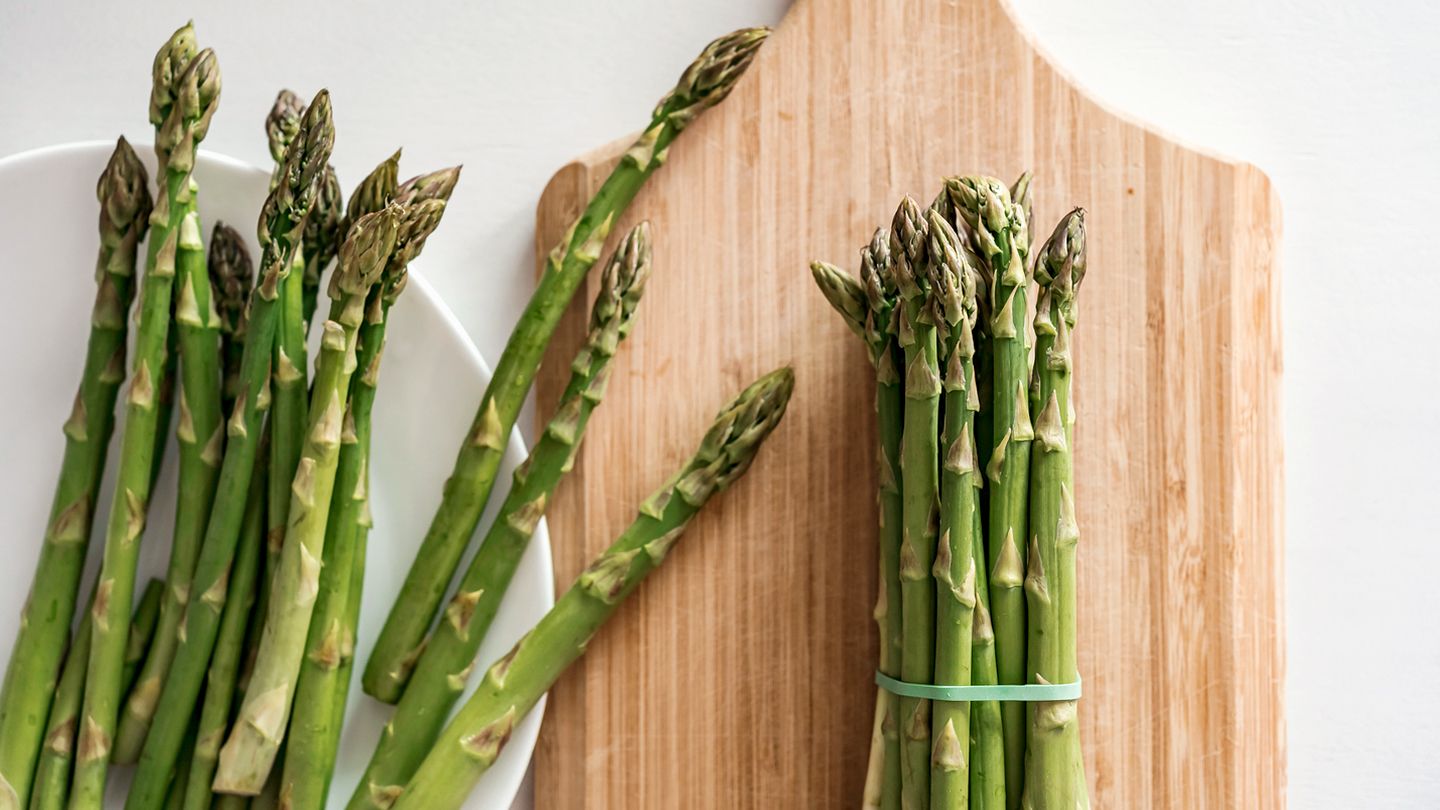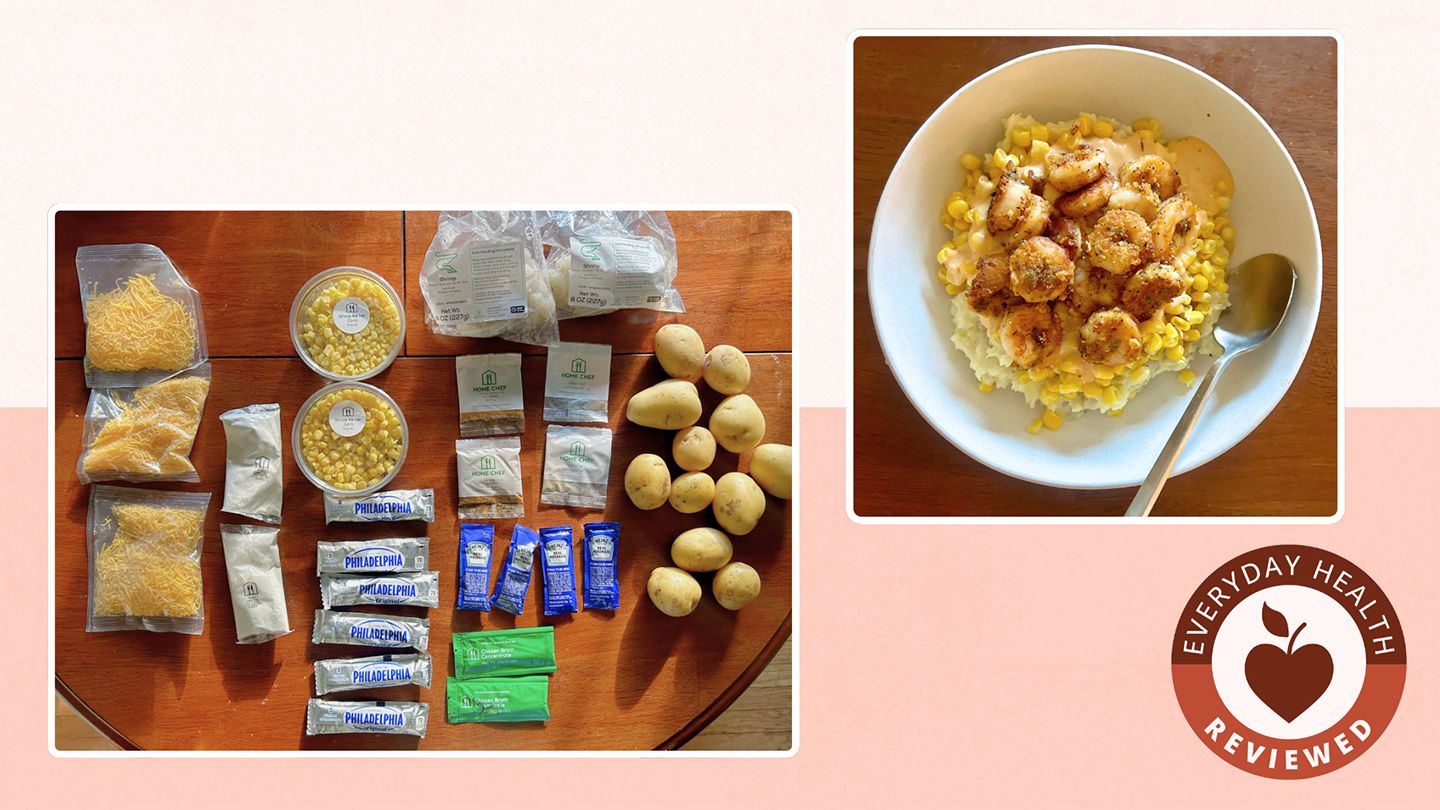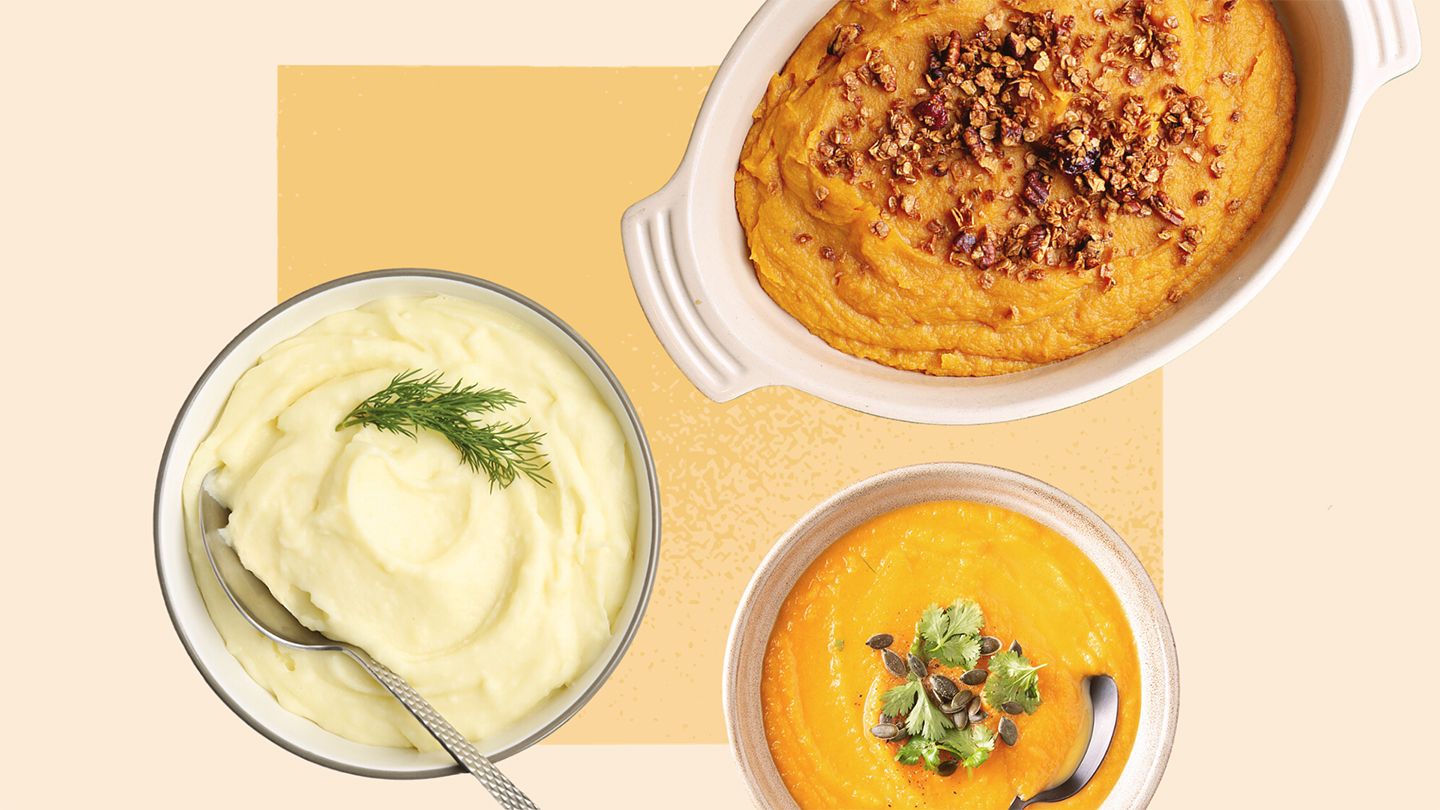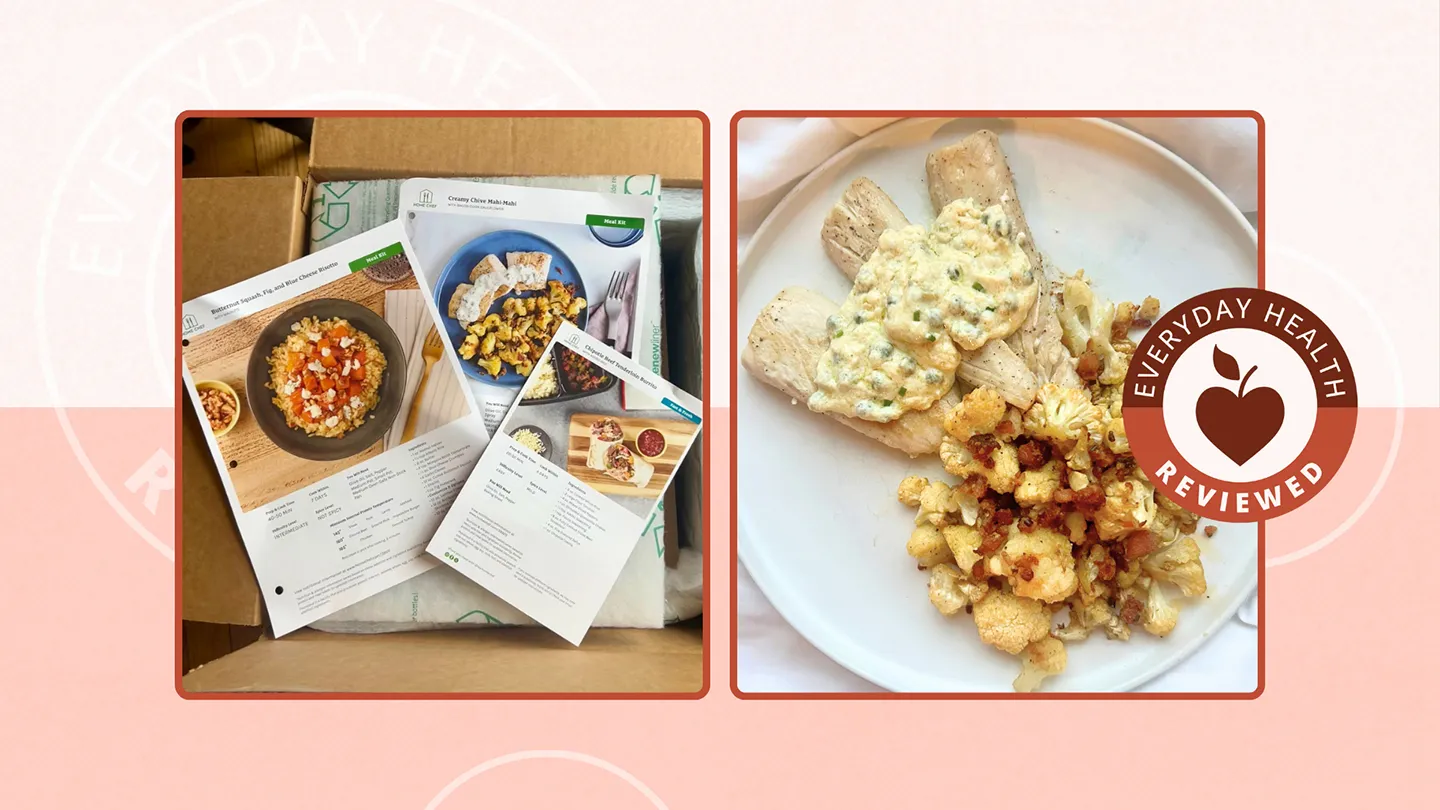The Nutritional Benefits of Peas and Carrots
Peas and carrots make for a classic flavor combination packed with an array of vitamins, minerals and antioxidants. Though small, these vegetarian staples carry an impressive nutritional profile that brings various health-promoting effects.
Nutrients in Peas
Peas contain a moderate amount of calories and carbohydrates along with high fiber, protein, vitamin K, folate, manganese, vitamin C, phosphorus, zinc, magnesium, iron, potassium, and vitamin B1. Some of the top nutrients in peas include:
- Fiber - Promotes digestive and heart health.
- Protein - Builds tissue and muscles while boosting satiety.
- Vitamin K - Supports bone strength and blood clotting functions.
- Folate - Important for DNA synthesis and red blood cell production.
- Manganese - An essential mineral that aids enzyme function.
Benefits of Peas
Eating peas regularly supports:
- Weight control - Via high protein and fiber.
- Heart health - From significant potassium, fiber, vitamin K, and folate content.
- Blood sugar regulation - Thanks to their low glycemic index.
The anti-inflammatory nutrients in peas can also help reduce risk factors for certain chronic diseases like diabetes and cancer.
Nutrients in Carrots
Carrots offer vitamin A (from beta-carotene), vitamin K, potassium, vitamin B6, vitamin C, fiber, antioxidants, and more. Some top nutrients include:
- Vitamin A - Critical for eye and skin health, a healthy immune system, and cell growth.
- Potassium - Helps control blood pressure and prevent osteoporosis and kidney stones.
- Vitamin K - Supports bone metabolism and blood clotting ability.
- Antioxidants - Compounds like beta-carotene combat free radical damage in cells.
Benefits of Carrots
Consuming carrots frequently can:
- Prevent vitamin A deficiency - Just one large carrot meets more than 100% of daily vitamin A needs.
- Reduce risk for chronic illnesses - Like heart disease, cancer, diabetes.
- Protect eye health - Vitamin A is essential for vision, especially night vision.
- Improve skin and complexion - Beta-carotene gets converted to vitamin A to maintain skin cell health.
Peas and Carrots Complement Each Other
Together, peas and carrots form a classic, balanced duo by combining:
- Non-starchy vegetable nutrition from carrots.
- Starchy, plant-based protein nutrition from peas.
Here's a closer look at why peas and carrots make an excellent pairing:
They Have Contrasting Macronutrient Profiles
Peas offer more starch and plant-based protein. Carrots provide more natural sugar and non-starchy carbohydrates along with fiber:
- Peas - 9 grams protein; 21 grams carbs; 8 grams fiber per cup.
- Carrots - 2 grams protein; 12 grams carbs; 4 grams fiber per cup.
Together they deliver a balance of fiber, complex carbs, and plant-based protein to support satiety and steady energy.
They Provide Full Spectrum Vitamin A Activity
Carrots supply pro-vitamin A carotenoids like beta-carotene. Peas contain vitamin C and zinc that help convert the beta-carotene into active vitamin A to benefit eye health, immunity, skin, growth and development.
They Have Complementary Benefits
Some overlapping and complementary benefits of peas and carrots include:
- Heart health support from vitamins K, C, fiber, potassium, folate.
- Blood sugar regulation related to the fiber, protein, vitamins.
- Anti-inflammatory, antioxidant and anti-cancer activity from the spectrum of vitamins, minerals and phytochemicals they contain.
- Digestive system support via plentiful fiber and enzymes.
Simple Ways to Enjoy Peas and Carrots
Here are some easy ideas for savoring peas and carrots:
Simple Steaming
Lightly steam fresh or frozen peas and carrots until tender. Toss with lemon juice, olive oil, parsley, salt and pepper for a simple side.
Add to Soups or Salads
Stir peas and diced carrots into soups and salads like chicken noodle soup, vegetable barley soup, garden salads, or chickpea salads.
Include in Stir Fries or Fajitas
Add peas and julienned carrots to stir fries and fajita mixes along with snap peas, bell peppers, onion, chicken or tofu.
Make a Healthy Casserole
For an easy vegetarian bake, combine cooked rice or whole grains, peas, carrots, mushrooms, cheese or eggs baked together until hot and bubbly.
Blend into a Dip
Puree cooked peas and carrots with Greek yogurt, lemon juice, tahini, garlic, and fresh herbs for a nutritious veggie dip.
Potential Concerns
Peas and carrots are extremely healthy. But there are some things to be aware of:
Allergies or Sensitivities
Allergies to peas are rare but can cause anaphylaxis in severe forms. Carrots belong to the nightshade family, so those with sensitivities may react. Check with your doctor if concerned.
Pesticide Residue
To minimize exposure to pesticide residues, choose organic peas and carrots when possible, or thoroughly wash conventionally grown produce.
Kidney Stones
Those prone to calcium oxalate kidney stones should moderate higher-oxalate foods like spinach. But carrots and peas are low oxalate, so they make healthy choices.
Medication Interactions
The vitamin K in peas and carrots can interfere with blood thinning medications. Check with your doctor about medication interactions.
The Bottom Line
When combined, peas and carrots create a powerhouse pairing overflowing with vitamins, minerals, fiber and antioxidants. Together they support blood sugar regulation, heart health, healthy digestion and immunity.
Enjoy peas and carrots steamed, in casseroles, stir fries, soups and salads for their marvelous nutritional profile in both traditional and creative recipes.
FAQs
Why are peas and carrots a healthy combination?
Peas and carrots perfectly complement each other nutritionally. Peas offer more protein and carrots provide more vitamins and minerals. Together they give a mix of fiber, vitamins A, C, K, antioxidants, and more to support health.
Can you eat peas and carrots raw?
Yes, you can eat snap peas and baby carrots raw. But mature peas and carrots should be cooked lightly to soften them up and improve nutrient absorption. Gentle steaming is perfect.
Are peas and carrots good for weight loss?
Yes. Peas and carrots are low in calories and high in satiating protein and fiber. This combination helps support weight loss by keeping you feeling fuller for longer after eating.
Are peas and carrots gluten-free?
Yes, both fresh and frozen peas and carrots are naturally gluten-free foods. But always check labels on packaged versions for potential cross contamination during processing.
Disclaimer: This article is for informational purposes only and does not constitute medical advice. Always consult with a healthcare professional before starting any new treatment regimen.
Related Coverage
Research on whether weed stunts growth has been mixed. While early use may delay growth slightly, genetics and lifestyle matter more. Learn the evidence....
Get the scoop on the best low-carb cheeses to enjoy on keto. Learn carb counts, the best options to choose, and easy cheesy recipes to make....
Wondering if you can eat cheese on a low-carb or keto diet? Find out which cheese types are lowest in carbs and the best options to fit your diet....
Asparagus is a nutritious low-carb vegetable with only 8 g net carbs per serving. It provides antioxidants, vitamin K, B vitamins, and aids heart health, weight loss....
Artificial intelligence is having a major impact on the finance industry by automating processes, detecting fraud, enabling personalized banking, and making predictions....
Get the nutrition facts for Philadelphia 1/3 less fat cream cheese. See how it compares, benefits, drawbacks, uses, recipes and if it fits your diet goals....
Indulge your sweet tooth this Thanksgiving with delicious keto dessert recipes like pumpkin pie, chocolate cheesecake, pecan bars and more low carb holiday treats....
Start your day strong by fueling up with high-calorie breakfasts like omelets, yogurt bowls, breakfast sandwiches, protein pancakes, tacos and more....
Can you drink Diet Coke during intermittent fasting? Get the facts on artificial sweeteners, insulin, hunger cues, and more. Learn the best and worst beverages for fasting....
Get nutrition info and calorie count for smoked gouda cheese. Learn how smoked gouda fits into keto and low-carb diets and the healthiest ways to enjoy it....









